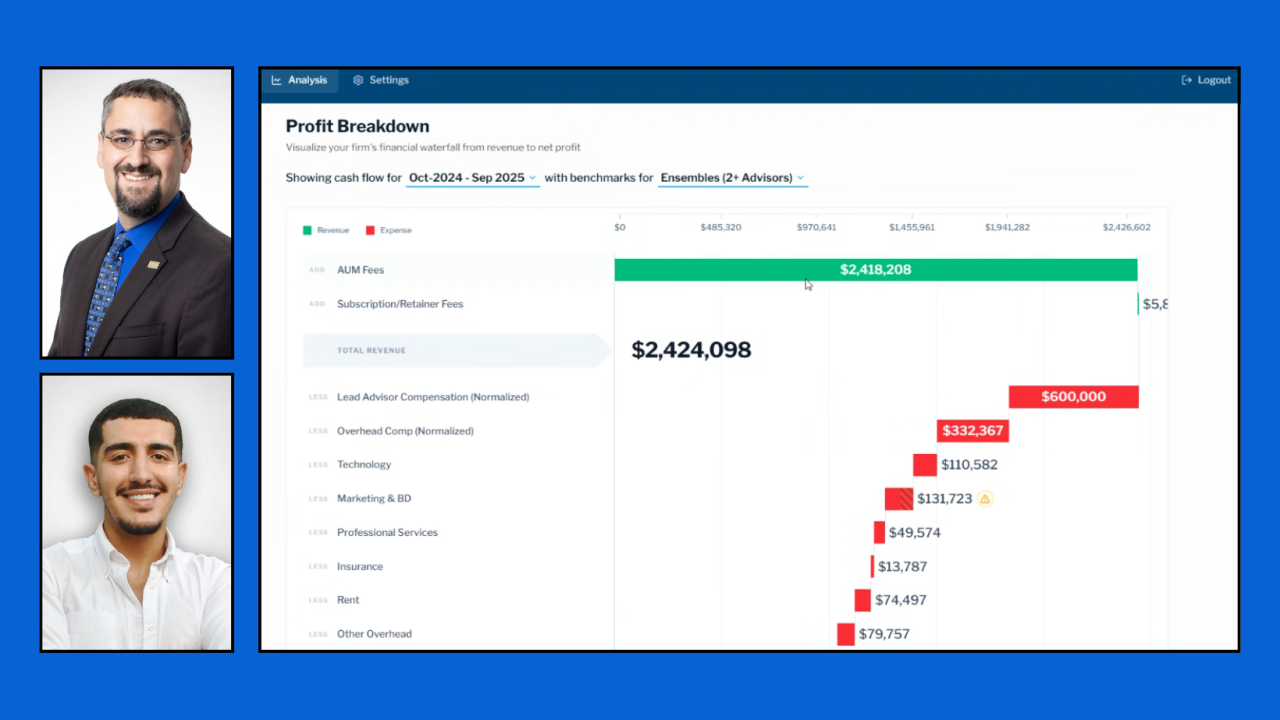Mutual fund companies wary of the encroaching threat of separate accounts, take heart. Even that industry is grappling with dilemmas over how to continue growing. The key question the separate account industry asks itself is, should it continue targeting elite investors or mass market to a broader customer base?
The Money Management Institute (MMI), the Washington-based trade group for the separate account industry, predicts that assets held in separately managed accounts, $415 billion as of the end of 2001, will reach $1 trillion by 2005.
But in order to achieve that growth, separately managed accounts may have to take a mass-market approach, according to many industry observers, including Peter Muratore, chairman of the board of MMI.
Mass marketing will commoditize separate accounts and dilute their uniqueness, Muratore said. An increasing reliance on prepackaged portfolio programs and strategies as well as multi-manager accounts threatens to "drive a stake through the heart of this business," he said.
As separate account managers' assets and client lists grow, it will become increasingly difficult for separate account managers to provide individualized service, he said.
If the result is more one-size-fits-all products, that is the exact opposite of what separately managed accounts are meant to be, Muratore said.
Geoffrey Bobroff, president of Bobroff Consulting of East Greenwich, R.I., said in spite of the overall poor performance of the investment management industry, growth in the separate accounts business has been due to performance, rather than sales. With the bear market prevailing, however, it will be very difficult for separate account managers to sustain this continued growth through performance, and, therefore, sales will become increasingly critical, Bobroff said. Inevitably, this will mean having to go after the mass market and offering less personalization, he said.
Benefits of a Mass Market
Nonetheless, others believe that mass marketing may improve separate accounts for the investor. Leonard A. Reinhart, chairman and chief executive officer of separate accounts at Lockwood Financial Group of Malvern, Pa., said that bringing more managers and brokers into the separate accounts business will give investors the benefit of price competition. Furthermore, if certain separate-account model portfolios come to resemble each other, this will help investors compare them, Reinhart added.
Individualizing service is more the responsibility of the intermediary brokers or advisers, he said, and the onus should be on them to maintain standards. "As long as it doesn't impact the quality of service, commoditization is good," he said.
But Bobroff said that mass marketing separate accounts might give the false impression that the products are appropriate for all investors.
"Is the [separate account] a replacement for the mutual fund? It is not," Bobroff said.
Muratore said that separate accounts are designed specifically for investors with a number of complex financial characteristics, including tax-sensitivity and ethical priorities, as well as a need for performance.
"If performance is the only criteria, there are other products that may be more appropriate for the client," he said.
Another potential problem that mass marketing could pose for the industry is further regulatory scrutiny by the Securities and Exchange Commission, Bobroff said. So far, the SEC has given no indication it wants to look closer, he said, but if separate accounts start to resemble mutual funds, regulators may reexamine them.
In fact, the mutual fund industry has asked the SEC to better regulate products such as folios, which are similar to separate accounts in that they create baskets of securities for individual investors. However, a spokesman for the Investment Company Institute of Washington said the fund industry recognizes that separate accounts are different products. Therefore, the ICI is not calling for additional regulation.





